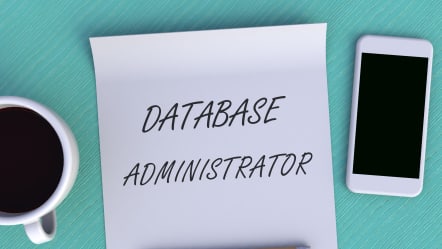Developer Recruiting Guide: “Data Scientist”

The Data Scientist is not a new role; as technology advances at an accelerating pace in every industry and business sector, more and more companies are hiring people with this job description to help them understand their data.
A central goal of data science is to enable others to draw meaningful conclusions from data sets.
Depending on the organization, the scope of the job may also change. Sometimes data specialists are responsible for research and development, trying to explore new business opportunities.
In other roles, data scientists are part of the marketing team (usually called "analysts") and help position, or segment, existing customers by providing sound market insights.
This role requires different skills depending on the needs of the organization. Some roles require a thorough understanding of processing very large data sets ( e.g. "Big Data"), others need skills in exploratory data analysis, statistics, machine learning, and data visualization.
The Data Scientist may have a computer science background or come from mathematics or statistics.
When recruiting for this role, consider the level of coding skills required (and in what language), as coding skills can vary and are also not always necessary to be successful.
Data Scientists can also be very specialized, depending on the needs of the organization, or the candidate's background. For example, data miners focus on finding patterns, cross-connections, and trends, and machine learning specialists focus on acquiring knowledge through artificial self-learning algorithms.
To recruit for the role of "Data Scientist," we have prepared three appropriate interview questions:
Tell me a success story from one of your data analytics projects?
Try to understand what made the project a success. Ask about the size of the data set and how long it took to analyze. What were the results and how were they used afterwards. Also ask about a less successful project and its details.
How do you know your result is good enough?
One of the biggest challenges of data science is that there is not always one right answer. Sometimes there are many ways to solve a problem, and new algorithms and methods may only slightly improve the results. However, it is difficult to verify that these results are correct. Ask for examples that show how the candidate could verify that the results are correct.
What types of customers or stakeholders have you worked with in the past? On average, how long have your projects taken?
Since the role can vary widely, as described earlier, make sure the type of experience is a good fit for the vacant position.

















